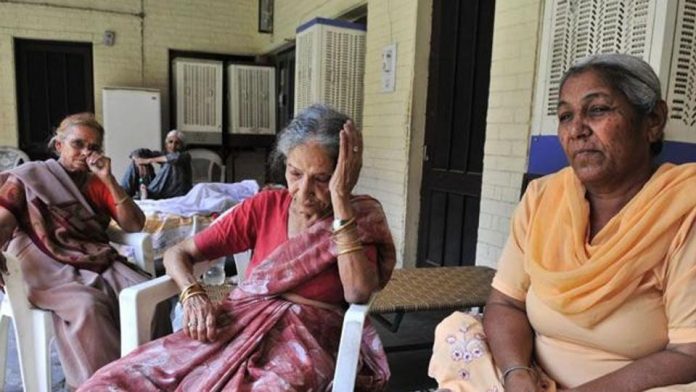The Social Justice and Empowerment Ministry has indicated that one of its top priorities in the Prime Minister Modi’s (PMO’s) second tenure in government is to strengthen the existing legislation on welfare of Senior Citizen i.e. the Maintenance & Welfare of Parents and Senior Citizens Act, 2007, (hereafter referred to as “The Act”).
The Act places a legal obligation on all children and heirs to provide maintenance for their parents and senior citizens.
In a bid to achieve its target, the Ministry has deemed it necessary to amend the Act as follows:
- Increase the jail term of persons who abuse or abandon their elderly parents, from the current 3 months to 6 months.
- Enlarge the scope of the definition of children, from only sons, daughters, and grandchildren, to include adopted children, step-children, sons-in-law, daughters-in-law, grandchildren, and even minors who have their legal guardians.
- Delete the provision which requires that Rs 10,000 per month is to be paid as maintenance fee for elderly parents. This will make the monthly maintenance fee variable, so that, children with higher means can pay more maintenance fees than those with lower income.
- Include provisions that will mandatorily require the Government to set standards for multi-service daycare centers and senior citizens care centers.
The Ministry also intends to provide star ratings for old age homes, via agencies like Quality Control India. This will enable elderly persons to know beforehand the standard of care a particular center offers.
Reliable sources have also stated that the Ministry has sent the draft amendments to the PMO. According to the Sources, the PMO has asked the Ministry to “get the effectiveness of the implementation of the existing legislation assessed by a third party”.
Whether or not the amendments will be quickly passed and enforced within the nearest future is not ascertainable at present.





